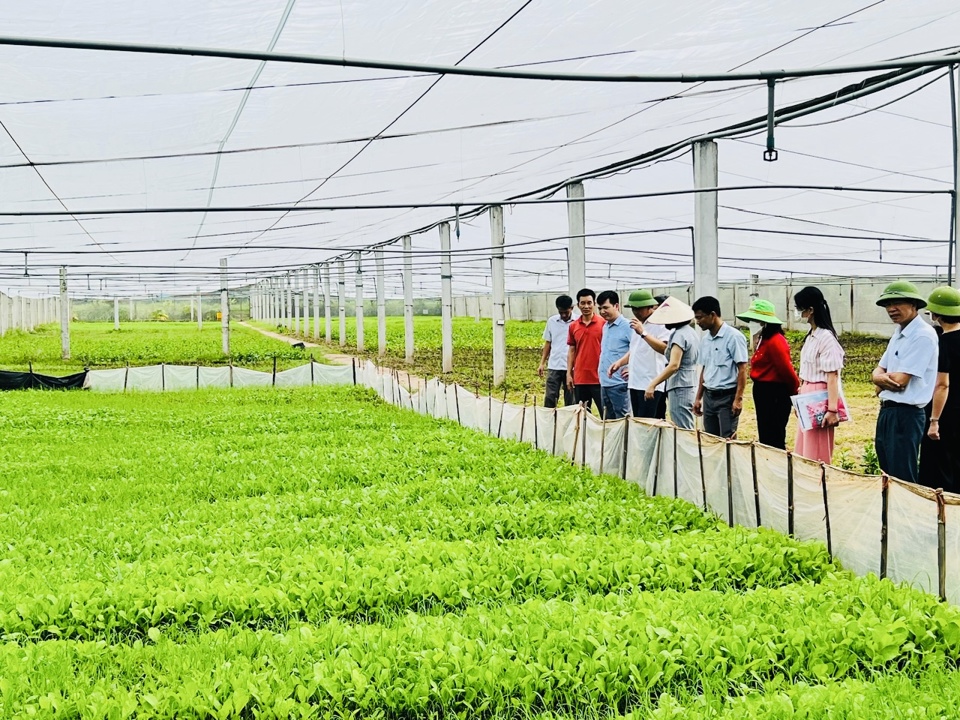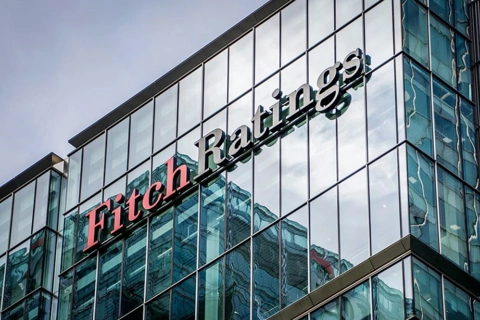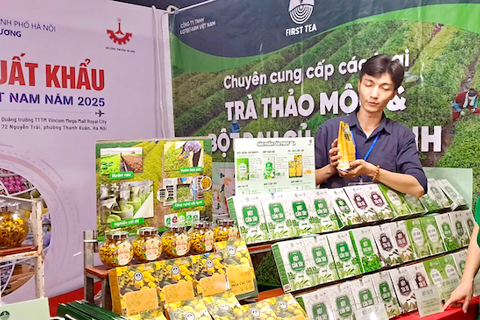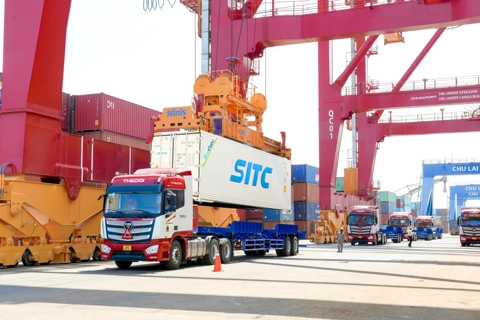Vietnam prioritizes agriculture and renewable energy for access to green loans
The move is part of the government’s effort to accelerate economic restructuring and build resilience to climate change while protecting the environment.
Projects in agriculture, forestry, fisheries, industry, renewable energy, and building materials will be given priority for access to preferential green loans and land use for up to five years.
| Hi-tech vegetable production model at Le Loi Ward, Thuong Tin District, Hanoi. Photo: Ngoc Anh/The Hanoi Times |
This initiative is highlighted in a draft decree on pilot mechanisms for developing a circular economy, proposed by the Ministry of Planning and Investment. The decree suggests prioritizing projects that utilize domestic raw materials.
The circular economy is a modern economic model characterized by closed-loop and interconnected production systems involving multiple enterprises. Its core principle is to maximize the efficiency of resource use and foster sustainable production and consumption. This approach aims to reduce costs, increase productivity, minimize emissions, and contribute to climate change mitigation.
Under the draft decree, pilot projects will have access to green loans from credit institutions, investment funds, and partnerships with entities authorized to issue green bonds. The government is also proposing to cover 50%-70% of the cost of vocational training and business management courses. Additionally, a pilot platform for trading green bonds and voluntary carbon credits is being explored.
The pilot mechanism will last for a maximum of five years, with the possibility of a one-time extension. Outcomes from these projects will form the basis for developing a formal legal framework. The level of incentives will be determined by "green classification" criteria. Projects will be classified into two groups: fully circular (zero greenhouse gas emissions across all activities) and partially circular (significant greenhouse gas emissions reductions). Classification criteria and validation processes will be led by the Ministry of Planning and Investment in collaboration with other ministries and agencies.
In addition to the use of domestic raw materials, two key criteria for eligibility for the pilot program are the project's economic, social, and environmental impact, as well as its technological application.
The Ministry of Planning and Investment emphasized that these proposals aim to proactively test and develop breakthrough mechanisms, accelerate economic restructuring, and enhance climate change resilience while protecting the environment.
Previously, the concept of a circular economy was mentioned in the 2020 Environmental Protection Law and Decree 08/2022 but lacked a clear economic focus. In 2022, the Prime Minister underscored the importance of long-term policies to encourage and facilitate the development of the circular economy in Vietnam.












